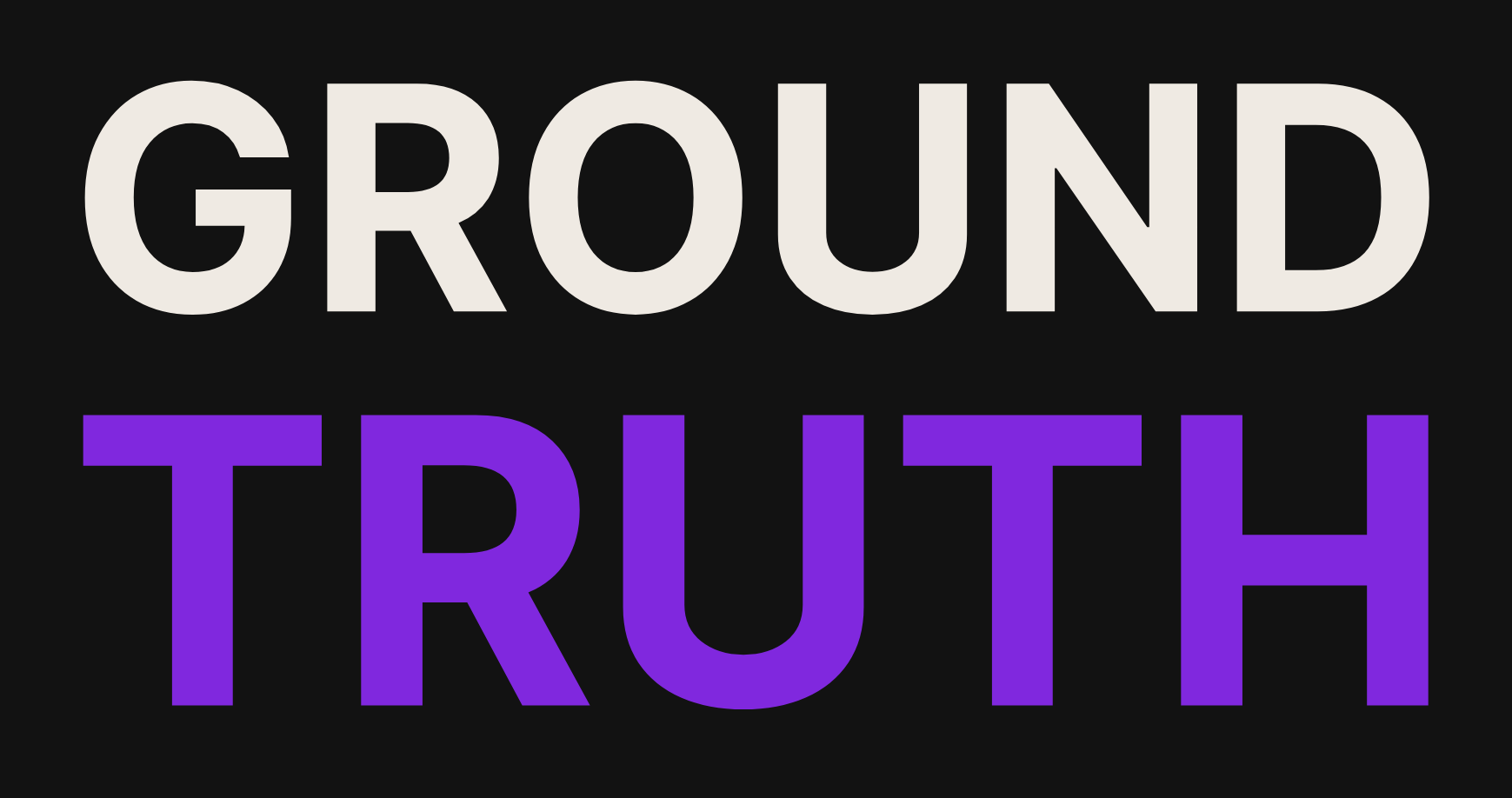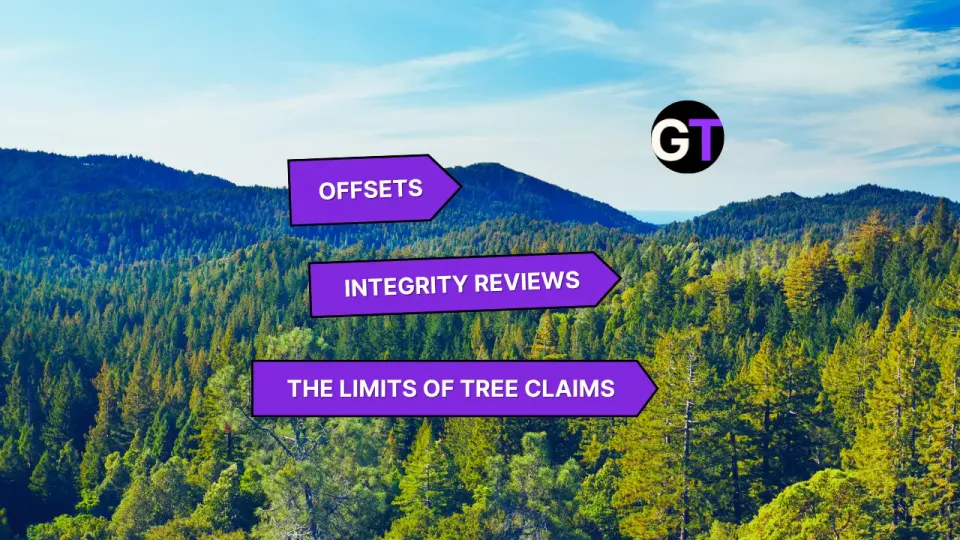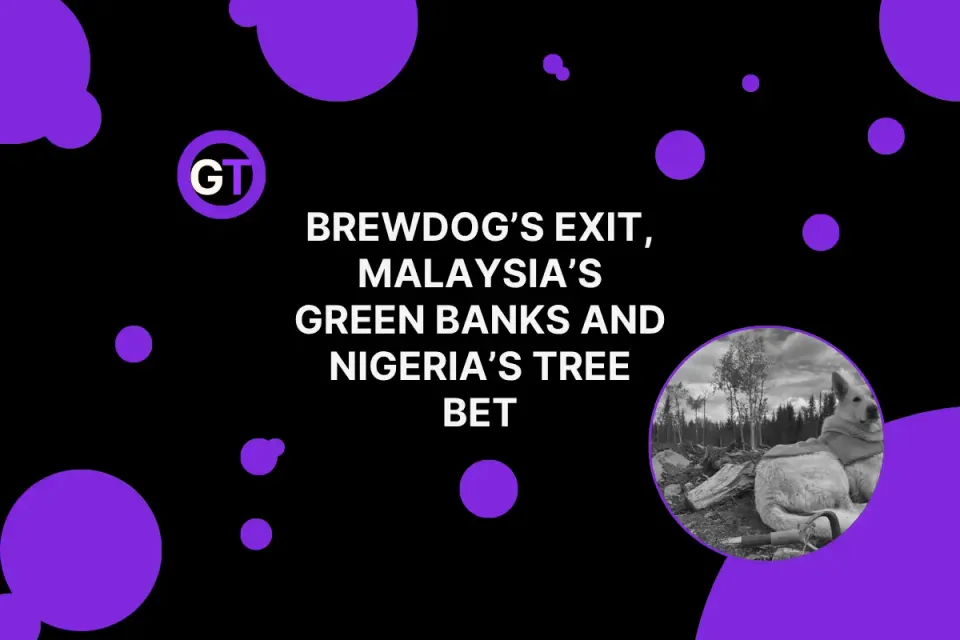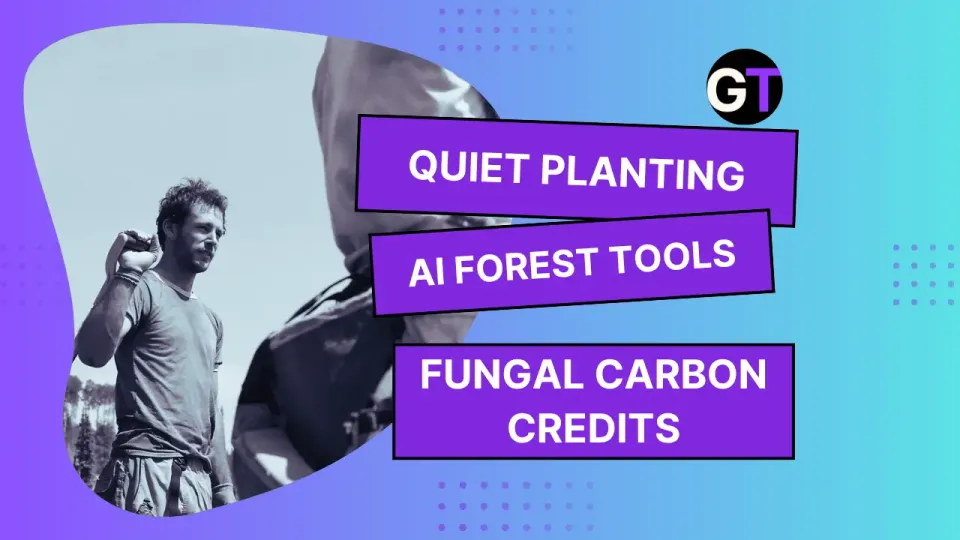Data Fixers: The Scientific Method of Investigating Deforestation
"We can craft unique narratives, find stories we wouldn’t uncover otherwise, discover hidden facts, and challenge exaggerated or completely false official versions" Luiz writes. Many environmentalists argue that this is critical for preserving Brazil's endangered rainforests.
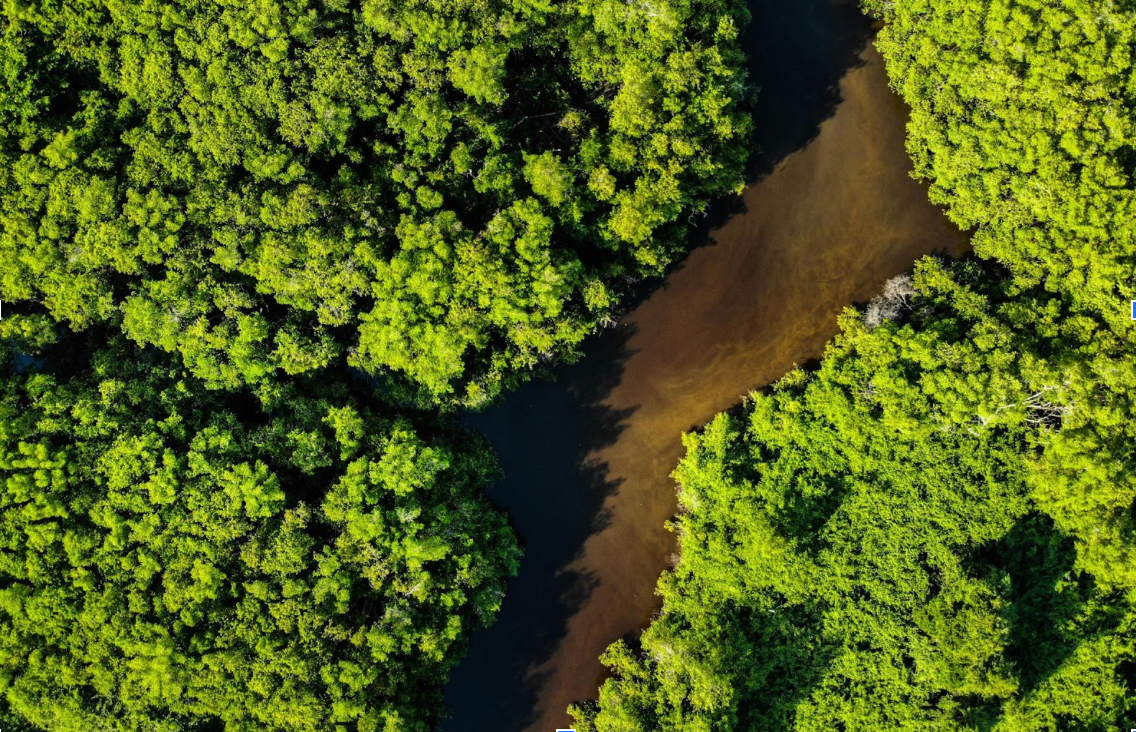
Explore how Data Fixers uses data journalism to enhance transparency and challenge the status quo in Brazil.
Data Journalism?
If the term "data-journalism" makes your eyes glaze over, you're not alone. Critics of the trendy new internet movement argue that it often prioritizes maths over storytelling, missing the human element. Sarah Cohen notes, “Data reporters tend to think their studies are interesting, but they’re not—people are.” Ouch.
But whether we like it or not, today, data journalism is significant. Luiz Fernando Toledo, a leading figure behind Data Fixers, has been at the forefront of using open data to tackle critical issues such as environmental degradation in Brazil. We asked Luiz a few questions about his views on data journalism, his team's challenges, and the future goals of Data Fixers.
(We should note that the views expressed by Luiz do not necessarily reflect the views of this publication, though we think the principle behind what he's doing is great✌️🌳)
Who are Data Fixers, and What Do They Do?
Data Fixers is an investigative journalism project focused on highlighting concerns such as illegal deforestation and land grabbing in Brazil. Using open data and cross-referencing information from multiple sources, the team works to uncover environmental crimes in the Amazon Rainforest.
They collaborate with local and international media outlets to raise awareness about the critical challenges surrounding deforestation and environmental degradation, ensuring that these important stories receive the attention they deserve. They also run stories about other hot-button issues in Brazil.
"We can craft unique narratives, find stories we wouldn’t uncover otherwise, discover hidden facts, and challenge exaggerated or completely false official versions" Luiz writes. Many environmentalists argue that this is critical for preserving Brazil's endangered rainforests.
Crime Fighting (With Data)
An example of the work done by Data Fixers includes a cross-border investigation with the Organized Crime and Corruption Reporting Project (OCCRP). They uncovered illegal activities involving the trafficking of endangered Brazilian wood used to make violin and cello bows. Additionally, their datasets were used by The Washington Post and BBC to investigate Brazil's challenges in enforcing environmental laws.

The Disconnect Between Data and Public Perception
A significant challenge in the field of data journalism is making data relatable and accessible to the public. Toledo agrees with me that many people find data too technical, sometimes limits its accessibility and broader impact
“It is important to understand the real problems of data users to help them effectively,” he emphasizes, stressing that stories need to connect with everyday lives to make data journalism impactful.
"I believe the biggest challenge is translating the data for those who neither use it nor have training in data analysis. Often, companies provide large datasets but lack individuals prepared to translate them into the real world. It is essential to understand the actual problems of data users to address them with data in a useful way."
Though for the record, we believe that fighting deforestation is pretty darn useful.
The Perils of Data-Driven Investigations
I am curious about the extent of the risks and challenges his team may encounter during their investigative work. After all, Toledo covers a lot of very contentious issues, some arguably even more serious allegations of illegal logging.
Toledo acknowledges that investigative data journalism carries risks, particularly when powerful interests are involved. "We covered stories in risky areas, such as a conservation unit where there was illegal brazilwood trade and a local resident was murdered" he recalls.
By carefully planning and working with local contacts, his team navigated the risks involved. Toledo’s experiences highlight the importance of preparation and collaboration in safely conducting investigative work. It's not quite as dangerous as I imagined.
Data as a Form of Resistance
Beyond its informative value, data is a potent tool for challenging the status quo. "In journalism, using data is a way to challenge the official discourse of authorities and uncover more complex stories", he tells me. It allows reporters to investigate official narratives and bring to light issues that might otherwise remain obscured.
However, Toledo stresses that data alone is not enough. He advocates for combining data journalism with traditional methods like interviews and field visits, which provide essential context and depth. This holistic approach ensures that stories are both accurate and ground-truthed in reality (see what we did there?)
The Responsibility of Uncovering Truths
The phrase “data never lies” can be both powerful and misleading. Toledo recalls an instance where inaccurate data could have led to incorrect conclusions, underscoring the importance of verifying information through multiple sources. We won't elaborate on it here, but...it involved a lot of illegal drugs.
His team cross-references data with official records and documents to verify its accuracy and reliability. This careful verification process is essential to prevent errors and ensure the findings are reliable and meaningful. "We always try to verify the data in reality, either by selecting some cases to confirm the premise of the data or by seeking other official documents that corroborate it" says Toledo.
The Evolution of Data Journalism in Brazil
Reflecting on government transparency in Brazil, Toledo notes shifts under different administrations. He alleges that during a previous administration, “there were many instances where access to documents was denied under the pretext that the information was ‘personal,’ even when there was public interest." Toledo suggests that while the successor government initially promised more openness, some critics have raised concerns about perceived reductions in transparency, particularly regarding environmental policies.
Toledo’s personal perspective on transparency challenges in Brazil reflects concerns raised by others in the field, though these views are contested by government officials. It's important to recognize that these allegations are part of a broader, ongoing debate about the level of openness in public data access under various administrations.

Image by Marco Antonio Victorino
The Role of Collaboration in Data Journalism
One of the key strengths of Data Fixers is its collaborative approach, which has greatly amplified the impact of its work. “We gather and analyze data and documents, often working with partners from the press,” explains Toledo. "We have always said that the best way to combat government secrecy issues is to share information whenever possible."
Data Fixers has collaborated with both local and international media outlets, including Al Jazeera and The Washington Post, to broaden their reach and ensure important stories receive the attention they deserve.
A notable example of this collaboration is the publication of spending records from a previous administration. “The idea was that the more media outlets covered the issue and demanded more transparency, the harder it would be for the government to ignore the story,” Toledo explains. This strategy makes crucial information accessible to a wider audience and helps journalists everywhere uncover stories that may have otherwise been missed.
Future Aspirations and the Mission of Data Fixers
Data Fixers aspires to become a go-to resource for media companies. Toledo believes that transparency and data-driven journalism are essential in making information accessible to everyone. This approach encourages broader public engagement on important issues and promotes a deeper understanding of diverse viewpoints.
"Data Fixers started as a project exclusively focused on environmental reporting," says Toledo. "Today, it also works in other areas of journalism and in partnership with non-governmental organizations, always with the mission of obtaining and interpreting public data and documents."
By adhering to a methodology inspired by the scientific method, Data Fixers aims to reduce the risks of misinformation. “It is the closest we can get to a scientific method within journalism, even if it is not as rigorous as in academia, and helps avoid incorrect conclusions or reproducing false narratives” Toledo reflects.
Conclusion
Luiz Fernando Toledo and Data Fixers exemplify the transformative potential of data journalism in today’s media landscape. As the push for open data continues, the role of data-driven journalism in uncovering the truth and challenging power structures will only grow in importance.
For those interested in the ongoing evolution of investigative journalism and the role of data in promoting transparency, exploring more of these narratives can provide deeper insights into the challenges and successes of journalists like Toledo. Whether or not one agrees with his conclusions, his innovative approach to reporting on deforestation in Brazil demonstrates the growing role of data in modern journalism. We'll have more on this topic coming soon.
Check out more of Toldeo's work on Github
